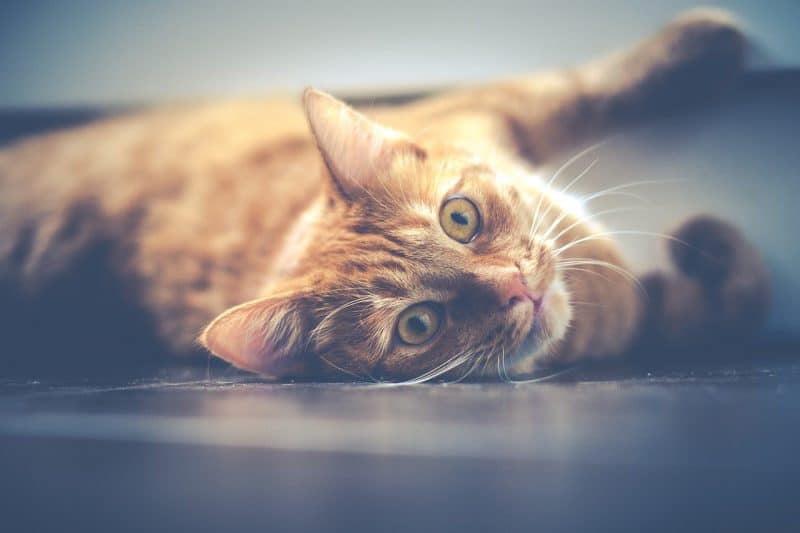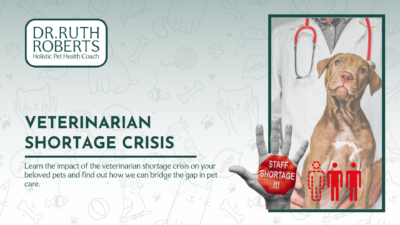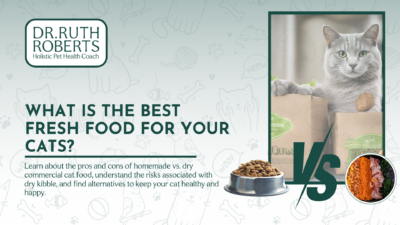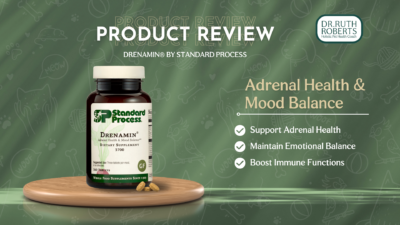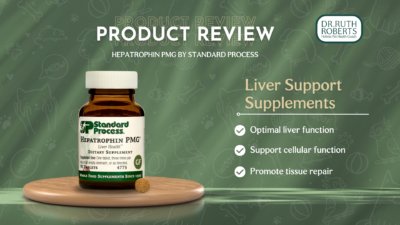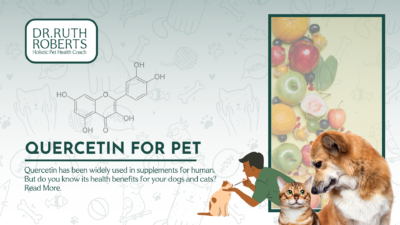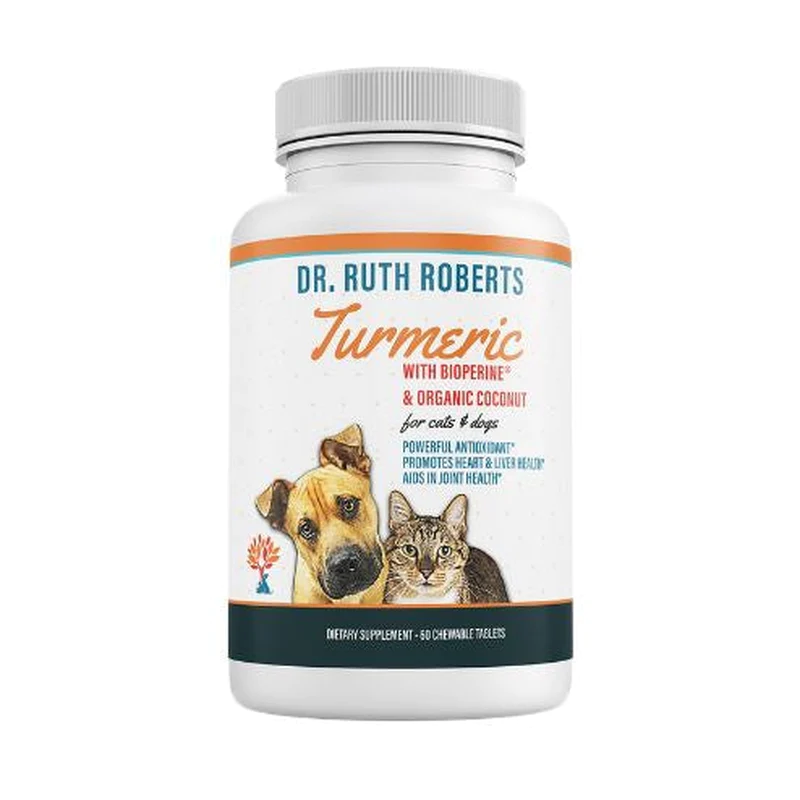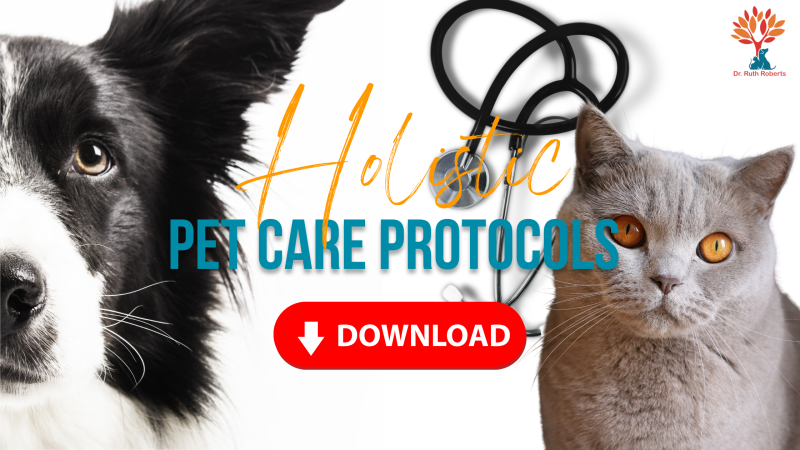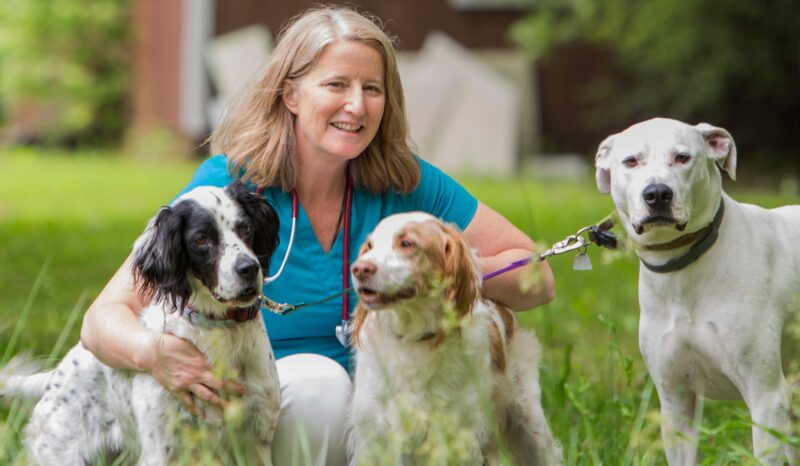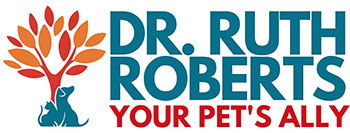Heart disease can affect your cat in any stage of life, and is often a well hidden danger. Fortunately, cat heart disease can often be treated or prevented. Here’s what to look out for, and how to keep your feline feeling fit.

We’ve been talking a lot about
heart disease in dogs, leaving our cat owners wondering about their purring pals. The truth is, cat heart disease is a lot less common than it is in pups, or humans for that matter (sigh of relief). However, cats don’t display the same clinical signs of the disease as dogs do. In fact, they often don’t have any symptoms at all until the disease becomes advanced. Leave it to those clever kitties to keep you guessing!
No need to despair, though. Even though your furry friend may be good at hiding their feline heart disease, there are detection methods and subtle symptoms to look out for. Your veterinarian will also be on the lookout for any warning signs during every physical exam (just one more reason it’s super important for cats to make it to their annual exam every year!).
What kinds of heart disease cat effect my cat?
Feline hearts disease, much like most mammals, can come in two forms: congenital or adult onset. Knowing if your kitty is at risk of either will help you be proactive about prevention and treatment,
Congenital

Congenital heart disease occurs when a kitten is affected at birth, either by some malformation of the heart’s development, or a bad roll of genetic dice. Heart murmurs are a common form of congenital heart disease, ranging from minor (often having little impact on quality of life) to severe (which can prevent the heart from functioning properly).
There is no real way to prevent congenital heart disease, but it can often be effectively treated or even corrected surgically. Most malformations that occur at birth will be caught by your veterinarian during routine kitten exams. Occasionally, a feline will not show any signs of congenital heart disease until later in adulthood.
Adult Onset
Adult onset heart disease is sometimes another story. The two main contributors to adult onset feline heart disease are genetics and lifestyle. You can actually help your cat avoid this type of feline heart disease with a healthy lifestyle.
Cardiomyopathy is the most common form of adult onset heart disease in cats. This condition can be either inherited or acquired, and affects the heart’s muscle and structure. Sometimes, heart disease develops as a secondary condition, to another health issue such as kidney disease.
Because cats tend to hide heart disease until it becomes advanced, it’s important to know what signs to look for, so you and your vet can act quickly if your feline friend is at risk.
What symptoms of cat heart disease should I watch out for?
Some pet owners believe that a cough is a certain sign of heart disease. This may be true for dogs, but not so for a kitty! In fact, a cat will almost never develop a cough as a result of heart disease. Instead, you should watch out for these warning signs:

- Poor appetite, weight loss
- Lethargy or more time spent sleeping than usual
- Withdrawal or hiding under furniture
- Increased respiration or labored breathing
- Sudden collapse
While some of these warning signs are often behaviors associated with, well, being a cat (hiding under furniture is pretty common cat practice), look out if they occur suddenly or more frequently than usual. If any behavior becomes worrisome, contact your vet and they’ll conduct some further diagnoses to see what’s going on. Your veterinarian will then begin whatever treatment is necessary, depending on your cat’s particular condition and health history.
How do I help keep my cat’s heart healthy?
There’s not much you can do about kitty’s gene pool, some breeds are more predisposed to heart disease than others. Their lifestyle, primarily physical activity and diet, is in your hands.

I know cats aren’t especially fond of walking on a leash, or taking part in extended physical activity with you. But there are plenty of ways to encourage your feline to stay active. Providing plenty of space for them to climb and jump will keep your kitty on the move. Many even enjoy short bouts of play with a cat toy, laser pointer or a fun ball.
Exercise wheels are an effective (and somewhat amusing) option, that your kitty can use under careful supervision.
Keeping your pet’s weight healthy, whether canine or feline, is incredibly important to maintaining good health. Both being underweight and overweight poses risk to their health. Being underweight is a sure sign of malnutrition, meaning your pal isn’t getting the nutrients they need to stay healthy and strong. An overweight pet is at risk for not only heart disease, but a whole slew of others such as joint disease.
What food is best for my cat with heart disease?
The best place to begin keeping kitty fit and healthy is with her diet. Cats need plenty of protein, from an animal source, to maintain proper
taurine levels. Supplementing a healthy, nutritious diet like
The Original CrockPET Diet with a taurine containing multivitamin is a good bet. If your cat’s adult onset heart art disease is caused by taurine deficiency, supplementation can often improve or even reverse the condition .
Beware commercial cat foods that contain unhealthy fillers and mystery ingredients. As most cats are “grazers” they may end up eating more of this unhealthy kibble, as the lack of sufficient nutrients leaves them feeling hungrier. This can lead to unwanted weight gain. Keep in mind also that wet food is going to be better for your pet, as moisture is absolutely vital to keeping the heart, kidneys and other body systems healthy.
A kitty with a heart condition should follow a low sodium diet, and one made with real, nutritious foods. Whole animal proteins and a variety of vitamin packed veggies are best for your pet. If you switch your critter to the CrockPET Diet, you can rest assured that they are getting nothing but good food that will nourish and help heal their body. After all, your pet’s best health begins in the bowl!
 We’ve been talking a lot about heart disease in dogs, leaving our cat owners wondering about their purring pals. The truth is, cat heart disease is a lot less common than it is in pups, or humans for that matter (sigh of relief). However, cats don’t display the same clinical signs of the disease as dogs do. In fact, they often don’t have any symptoms at all until the disease becomes advanced. Leave it to those clever kitties to keep you guessing!
No need to despair, though. Even though your furry friend may be good at hiding their feline heart disease, there are detection methods and subtle symptoms to look out for. Your veterinarian will also be on the lookout for any warning signs during every physical exam (just one more reason it’s super important for cats to make it to their annual exam every year!).
We’ve been talking a lot about heart disease in dogs, leaving our cat owners wondering about their purring pals. The truth is, cat heart disease is a lot less common than it is in pups, or humans for that matter (sigh of relief). However, cats don’t display the same clinical signs of the disease as dogs do. In fact, they often don’t have any symptoms at all until the disease becomes advanced. Leave it to those clever kitties to keep you guessing!
No need to despair, though. Even though your furry friend may be good at hiding their feline heart disease, there are detection methods and subtle symptoms to look out for. Your veterinarian will also be on the lookout for any warning signs during every physical exam (just one more reason it’s super important for cats to make it to their annual exam every year!).
 Congenital heart disease occurs when a kitten is affected at birth, either by some malformation of the heart’s development, or a bad roll of genetic dice. Heart murmurs are a common form of congenital heart disease, ranging from minor (often having little impact on quality of life) to severe (which can prevent the heart from functioning properly).
There is no real way to prevent congenital heart disease, but it can often be effectively treated or even corrected surgically. Most malformations that occur at birth will be caught by your veterinarian during routine kitten exams. Occasionally, a feline will not show any signs of congenital heart disease until later in adulthood.
Congenital heart disease occurs when a kitten is affected at birth, either by some malformation of the heart’s development, or a bad roll of genetic dice. Heart murmurs are a common form of congenital heart disease, ranging from minor (often having little impact on quality of life) to severe (which can prevent the heart from functioning properly).
There is no real way to prevent congenital heart disease, but it can often be effectively treated or even corrected surgically. Most malformations that occur at birth will be caught by your veterinarian during routine kitten exams. Occasionally, a feline will not show any signs of congenital heart disease until later in adulthood.

 I know cats aren’t especially fond of walking on a leash, or taking part in extended physical activity with you. But there are plenty of ways to encourage your feline to stay active. Providing plenty of space for them to climb and jump will keep your kitty on the move. Many even enjoy short bouts of play with a cat toy, laser pointer or a fun ball. Exercise wheels are an effective (and somewhat amusing) option, that your kitty can use under careful supervision.
Keeping your pet’s weight healthy, whether canine or feline, is incredibly important to maintaining good health. Both being underweight and overweight poses risk to their health. Being underweight is a sure sign of malnutrition, meaning your pal isn’t getting the nutrients they need to stay healthy and strong. An overweight pet is at risk for not only heart disease, but a whole slew of others such as joint disease.
I know cats aren’t especially fond of walking on a leash, or taking part in extended physical activity with you. But there are plenty of ways to encourage your feline to stay active. Providing plenty of space for them to climb and jump will keep your kitty on the move. Many even enjoy short bouts of play with a cat toy, laser pointer or a fun ball. Exercise wheels are an effective (and somewhat amusing) option, that your kitty can use under careful supervision.
Keeping your pet’s weight healthy, whether canine or feline, is incredibly important to maintaining good health. Both being underweight and overweight poses risk to their health. Being underweight is a sure sign of malnutrition, meaning your pal isn’t getting the nutrients they need to stay healthy and strong. An overweight pet is at risk for not only heart disease, but a whole slew of others such as joint disease.

